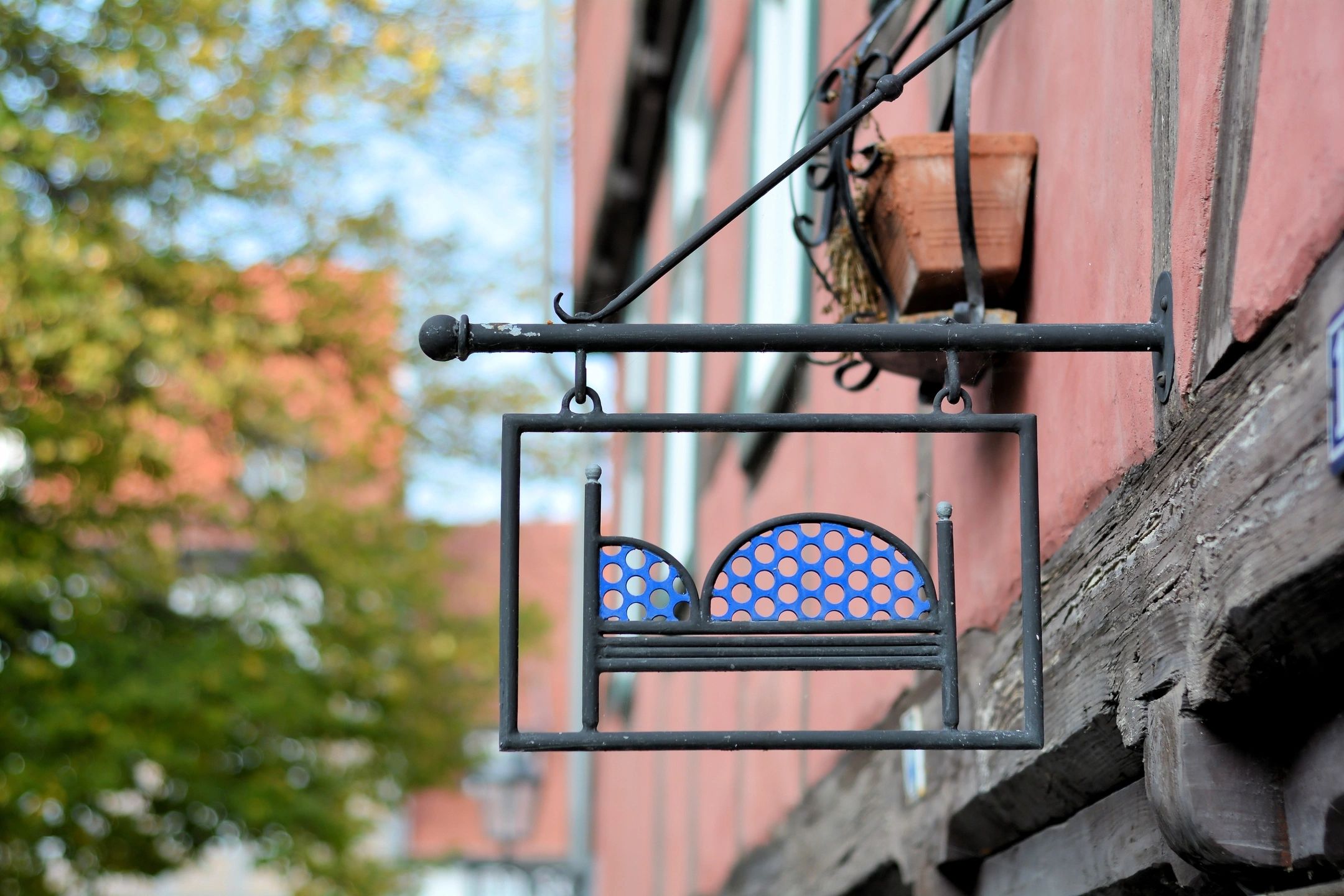The Voice of Silence
This breath contains everything you need. Trust that each small step is leading you closer to your truth. In the quiet reflections of this journey I have discovered a simple truth.
The path is not about reaching a destination. It is about remembering who we are as we walk. It is not about gathering answers but about shedding everything we are not until only our purest Essence remains. That Essence is love, it is peace, it is the Eternal connection that unites us all.
The path is infinite because we are infinite beyond this life. beyond this body. The journey continues carrying with it the lessons, the experiences and the light we gather. Along the way there is no true end, only the understanding that the path itself is the purpose. And when we walk it with love, compassion and the wisdom of an open heart, each step becomes a celebration of life, an expression of The Eternity that lives.
—Excerpt from The Voice of Silence, written by Helena Petrovna Blavatsky in 1889 based on Eastern Teachings—
–
The timeless wisdom of The Voice of Silence, written by Helena Petrovna Blavatsky in 1889—a masterpiece that continues to illuminate the path of inner awakening. This spiritual audiobook delves into the profound connection between the mind and the soul, inviting listeners to reflect deeply on their true nature and the pursuit of enlightenment. Althought slated to listen to the conclusion of the audio book: THE VOICE OF SILENCE #HelenaBlavatsky#TheVoiceOfSilence, we changed course spontaneously.
The subject we shared on was MAID (Medically Assisted Death) which many of our loved ones are saying yes to in the last couple of years.
In honouring the choice of our loved ones to do so, what is our experience of this choice? Is there peace? Is there acceptance? What substances and procedures are being used to assist this process? Is it truly peaceful as perceived by the friends and relatives witnessing the last breath or is there a struggle of life energy in that last breath given there is induced relaxation of muscle tone. Many difficult questions that we sit with in meditation. May the answers reveal themselves.

